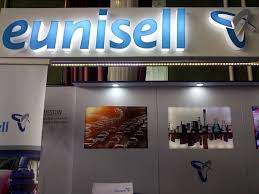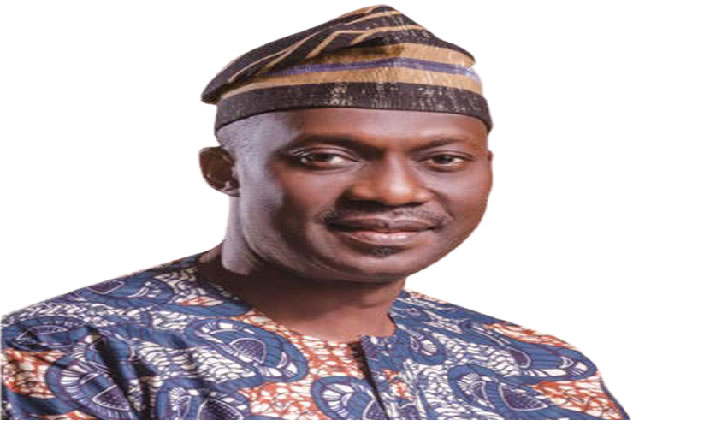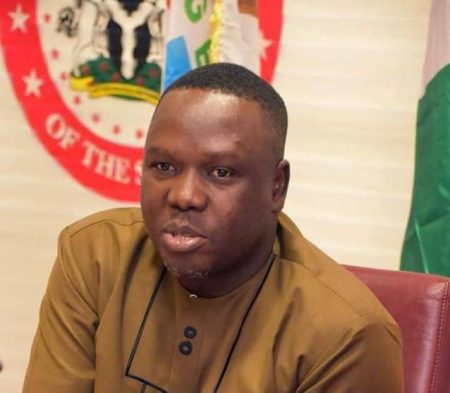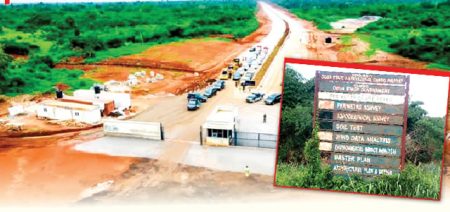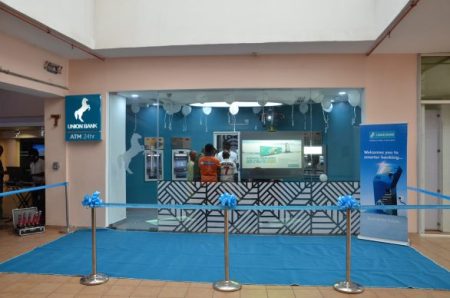The Manufacturers Association of Nigeria (MAN) has vocally opposed the recent electricity tariff increase of approximately 230 percent, arguing that even a 100 percent raise would have posed significant challenges but been more manageable for manufacturers. Segun Ajayi-Kadir, MAN’s Director-General, emphasized that the drastic hike in electricity costs has adversely affected many businesses, indicating that such policy measures adopted by the Federal Government are detrimental to the manufacturing sector. He highlighted that electricity, even when generated and distributed with inefficiencies, is a critical component within manufacturing processes in Nigeria. Consequently, he argued that the severe rise in electricity costs undermines the ability of manufacturers to remain competitive in their respective industries.
Ajayi-Kadir noted that the manufacturing sector had initially proposed a more reasonable 100 percent increase in tariffs, which they believed would be tolerable given the current inefficiencies in power service delivery. He articulated that the inability to competitively produce in an environment with exorbitant electricity costs could lead to the demise of many manufacturers. In response to the rising tariffs imposed by the Nigerian Electricity Regulatory Commission (NERC), MAN resorted to legal action earlier this year, challenging what it viewed as an unsustainable tariff hike. However, the association faced a setback in its endeavor when a Federal High Court ruled against them, declaring the legal challenge an abuse of court processes.
Despite this judicial defeat, MAN remains resolute in its fight against the drastic tariff increase and has not yet disclosed plans to appeal the judgment. Ajayi-Kadir affirmed that the advocacy push for government interventions continues, underlining that manufacturers have a significant role in enhancing Nigeria’s non-oil exports and are deserving of government incentives. He characterized the situation as an ongoing battle, asserting that such an extreme tariff rise of up to 250 percent is unsustainable for any manufacturer. This assertion highlights the urgency of the issue at hand and the implications it carries for the sector’s continued viability.
The recent increase in electricity tariffs is part of a broader strategic plan by the Federal Government aimed at attracting investments into the energy sector while simultaneously reducing the significant financial burden posed by subsidies. Historically, these subsidies cost the government an annual sum of around $2.3 billion, prompting a urgent need for economic reforms. The new tariff rates affect only a small segment—approximately 15 percent—of the electricity consumers classified as Band A customers, who are expected to receive a minimum of 20 hours of electricity supply daily.
Multiple contributing factors have underscored the necessity for the tariff increase, including inflation, a depreciating exchange rate, and higher gas costs for electricity generation. The NERC has stated that electricity distribution companies (Discos) failing to fulfill service commitments to Band A customers may face consequences, including penalties or downgrading to lower service bands. This reinforces the regulatory body’s resolve to ensure that utilities improve their service delivery in response to the increased tariffs.
Ultimately, while the heightened electricity costs pose significant challenges for the manufacturing sector, there is a flutter of hope that the adjustments might catalyze improvements in overall electricity supply quality. Stakeholders, including manufacturers and regulators, remain hopeful that the increased tariffs will pressure Discos to enhance service delivery, thus providing Band A customers with a more reliable and efficient energy supply in the long run. Nonetheless, the opposition from the manufacturing sector indicates a deeply-rooted concern regarding the sustainability and viability of industry operations under such escalating costs, and the need for responsive policy measures that support economic stability in Nigeria.


